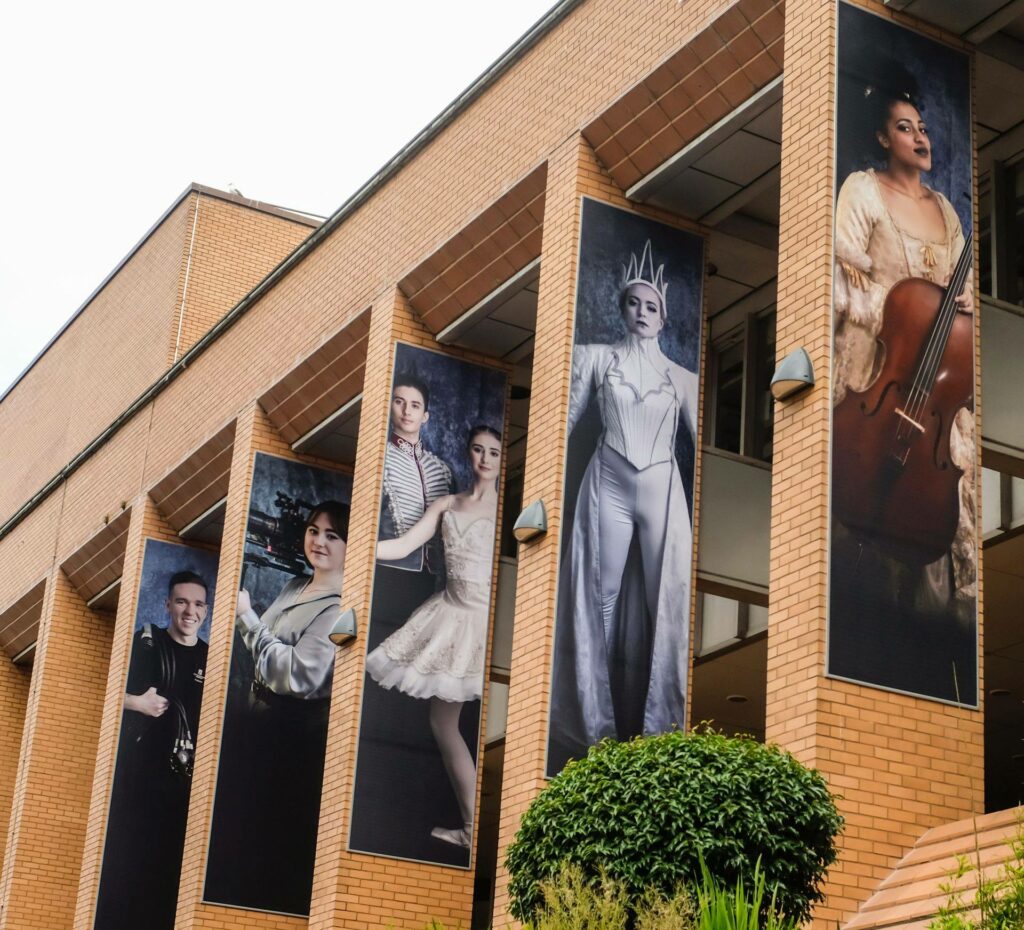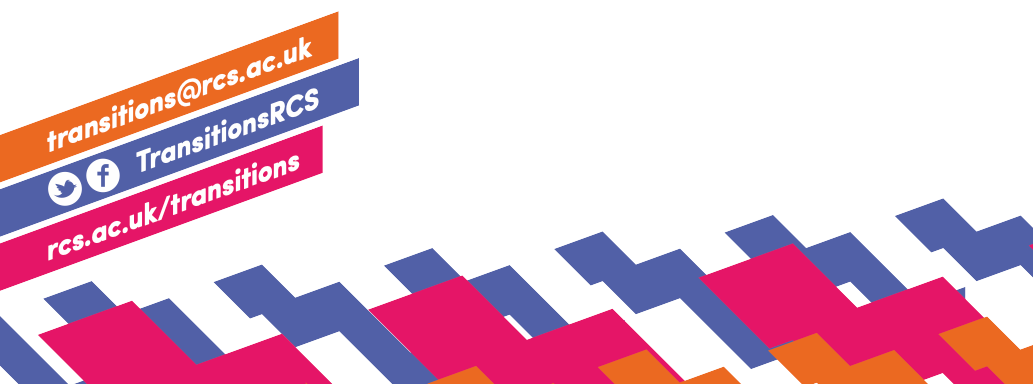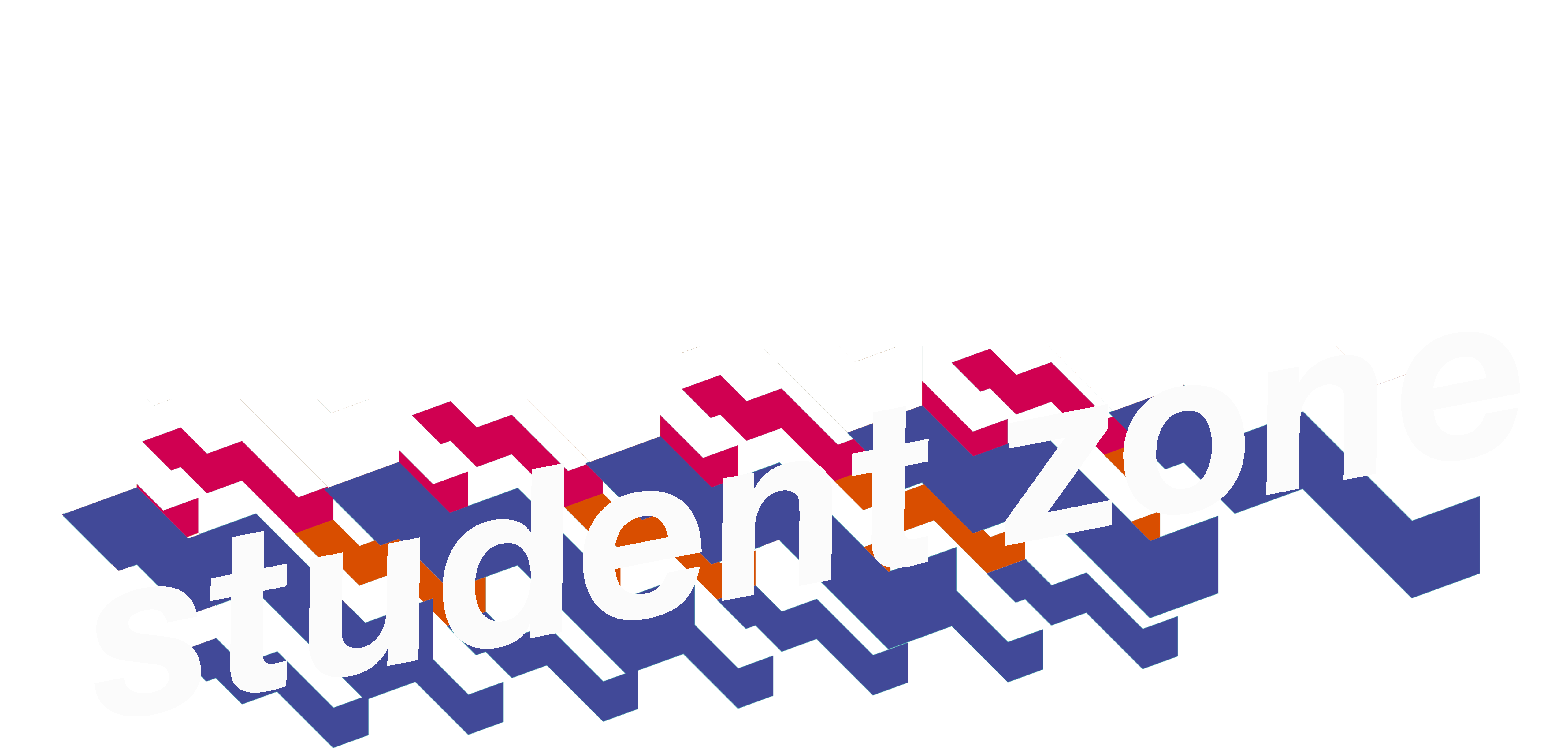
Colleges
College courses in Scotland are designed to be more vocational than academic. They are often suited to people who want to go straight into work after 1 or 2 years of study, but they can also be a useful stepping stone to degree-level study. Typically, the options for study are:
NQ – National Qualification
Entry-level study. Often taken by students who are unable to access provision at school to enable them to move into further or higher education.
HNC – Higher National Certificate (Level 7)
Usually, a 1-year course than can lead into HND study or prepare a student for higher education.
HND – Higher National Diploma (Level 8)
Usually, a 2-year course that is categorised as a Higher Education qualification. In some cases, a student with an HND can bypass the first year of a University degree through a process called ‘articulation’. This is not available at the RCS as the number of teaching hours delivered through HND study does not equate to a first year of study at the RCS.
You can view a chart explaining the different levels of study on the SCQF website. You can also find out more about colleges in Scotland on the Colleges Scotland website.
Universities
Studying at a University can provide access to more academically focused degree courses. You will often be part of a larger Institution with more classroom-based activity. Some of the benefits include:
- Internationally recognised degree qualifications
- Experience student life with students studying a broader range of subjects
- Broaden your horizons – it may be a good challenge to find your place in a large cohort of people
You can find out more about the benefits of higher education study on the UCAS website.
Conservatoires
The Royal Conservatoire of Scotland (RCS) is one of 8 Conservatoires across the UK. What makes Conservatoire education different to University education is that the courses are:
- Highly vocational with an emphasis on practical skills. As they are able to award higher education certificates, courses are still structured with ongoing assessment and many will include some academic study
- Linked to industry. Teaching staff and opportunities for performing with professional organisations is built into training which may increase the employability of students
- One-to-one or small group teaching, usually artist-led, and the amount of contact hours is high in comparison to university study
- Because they are generally smaller, it enables them to offer more bespoke provision
You can find out more about Conservatoire study on the UCAS Conservatoire website.



